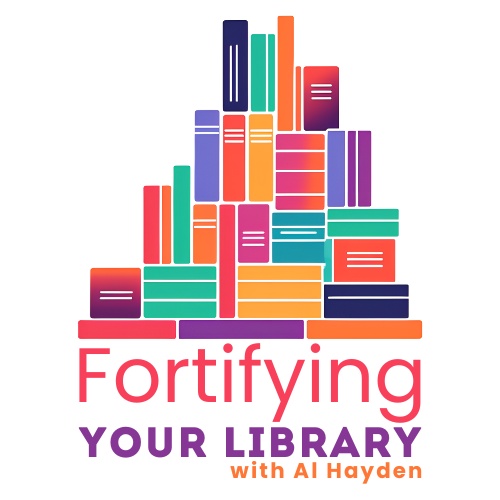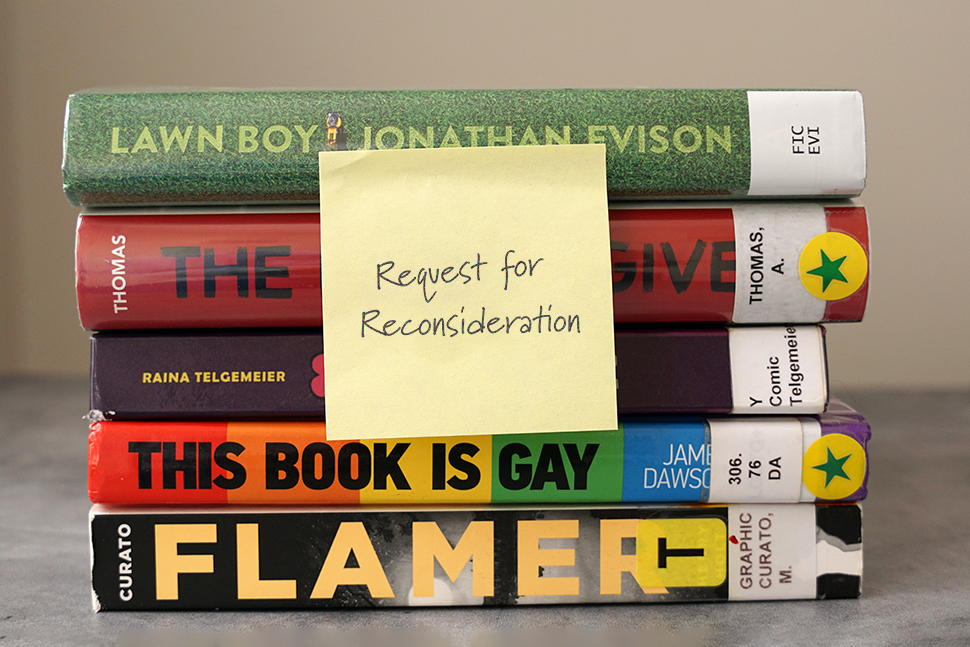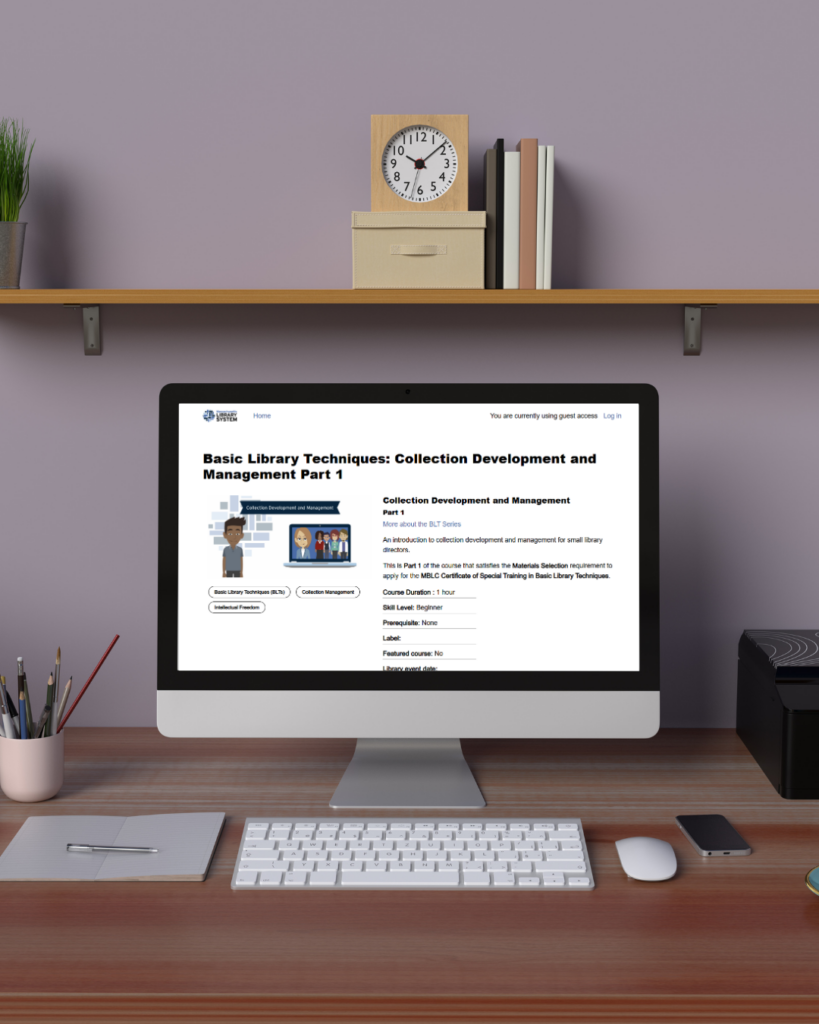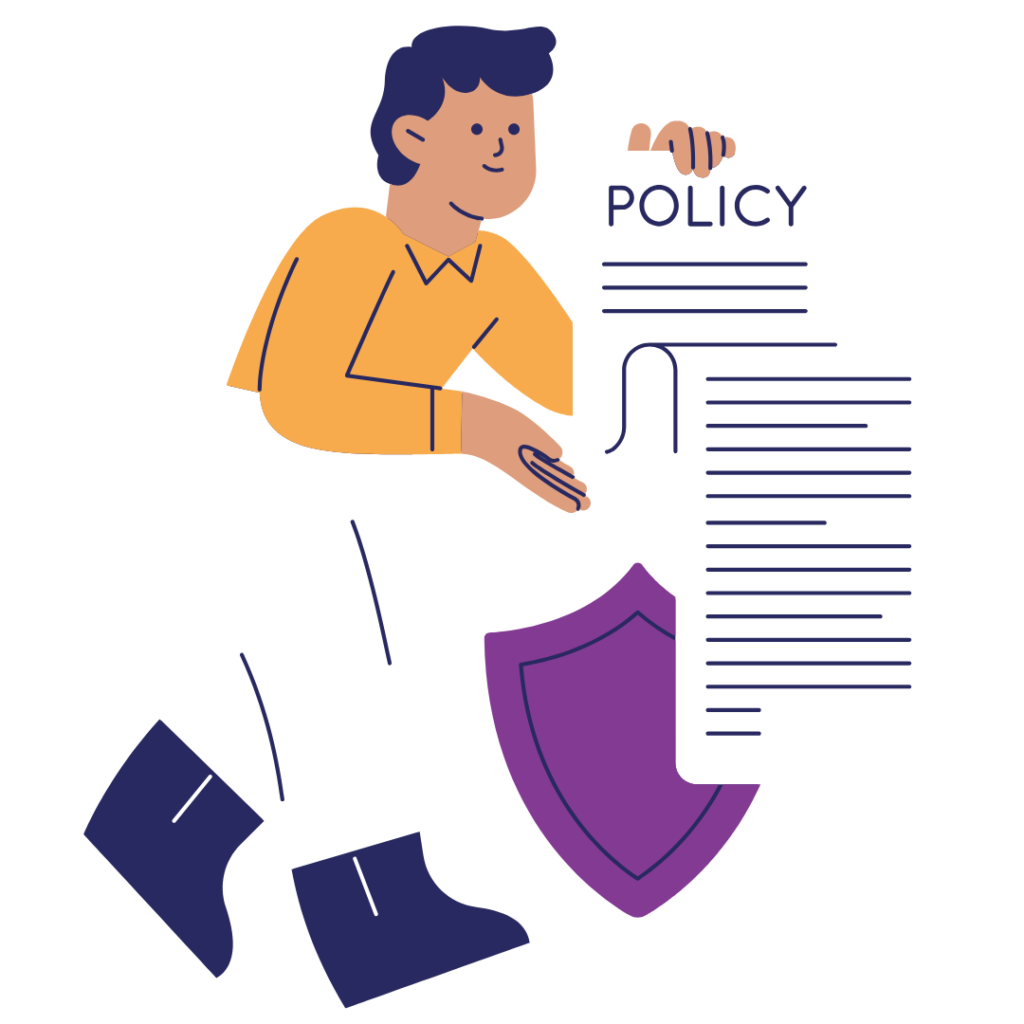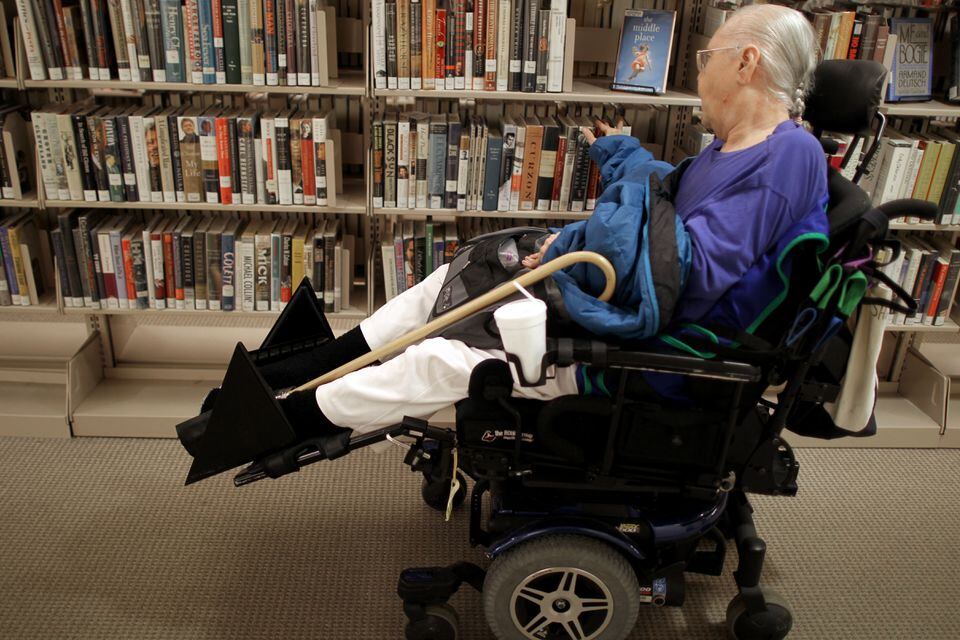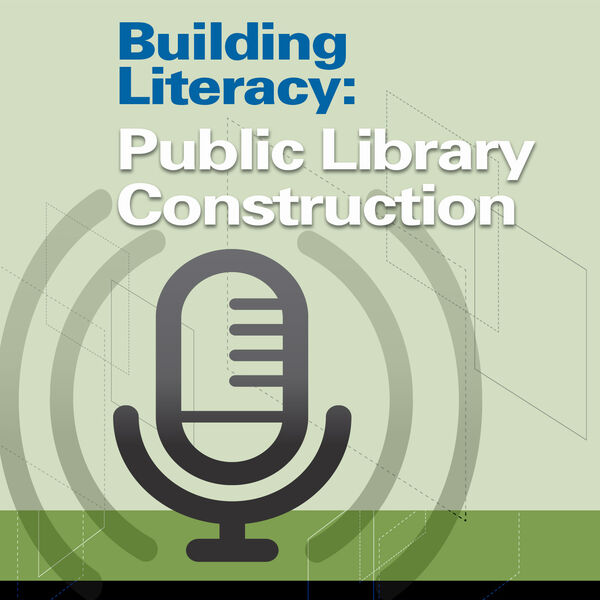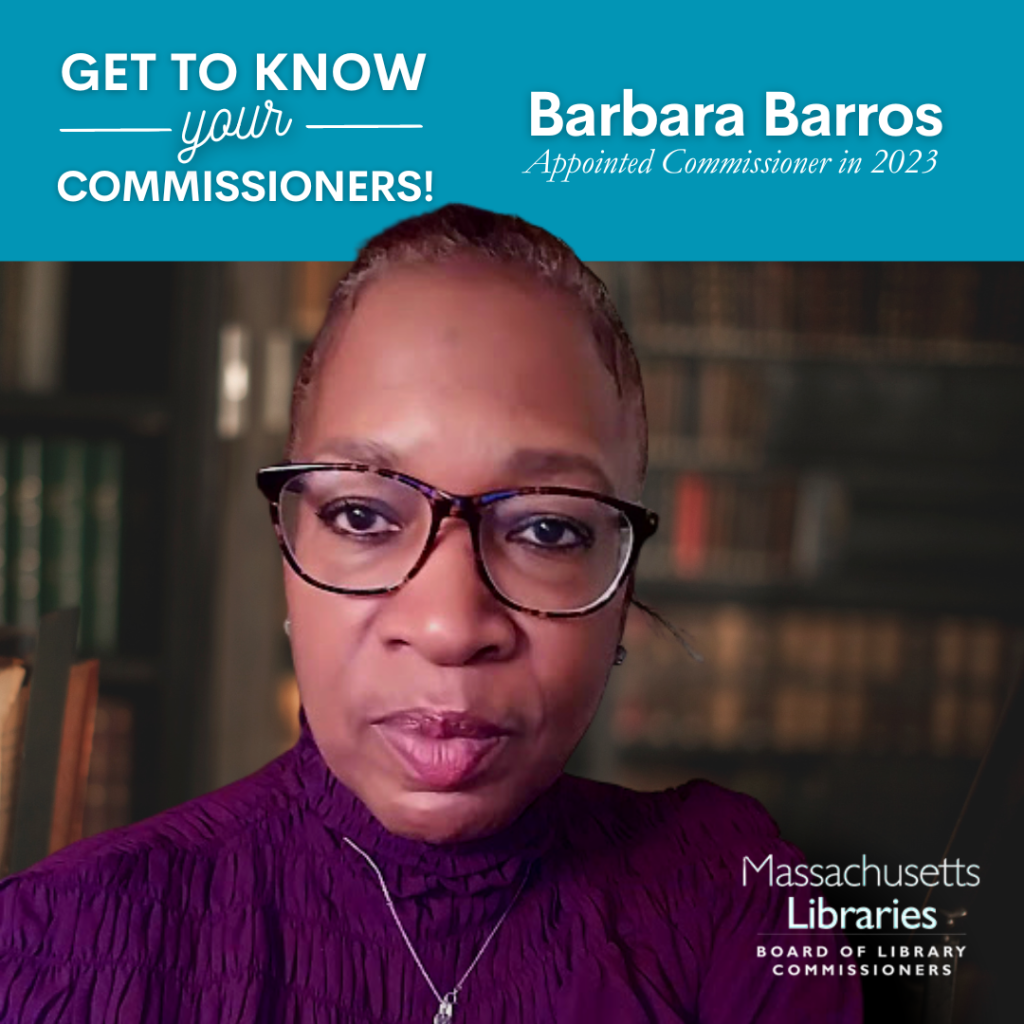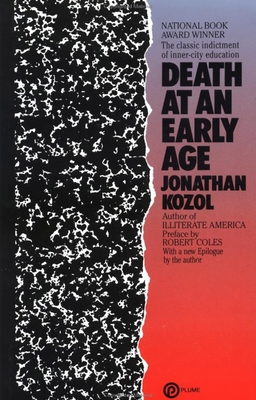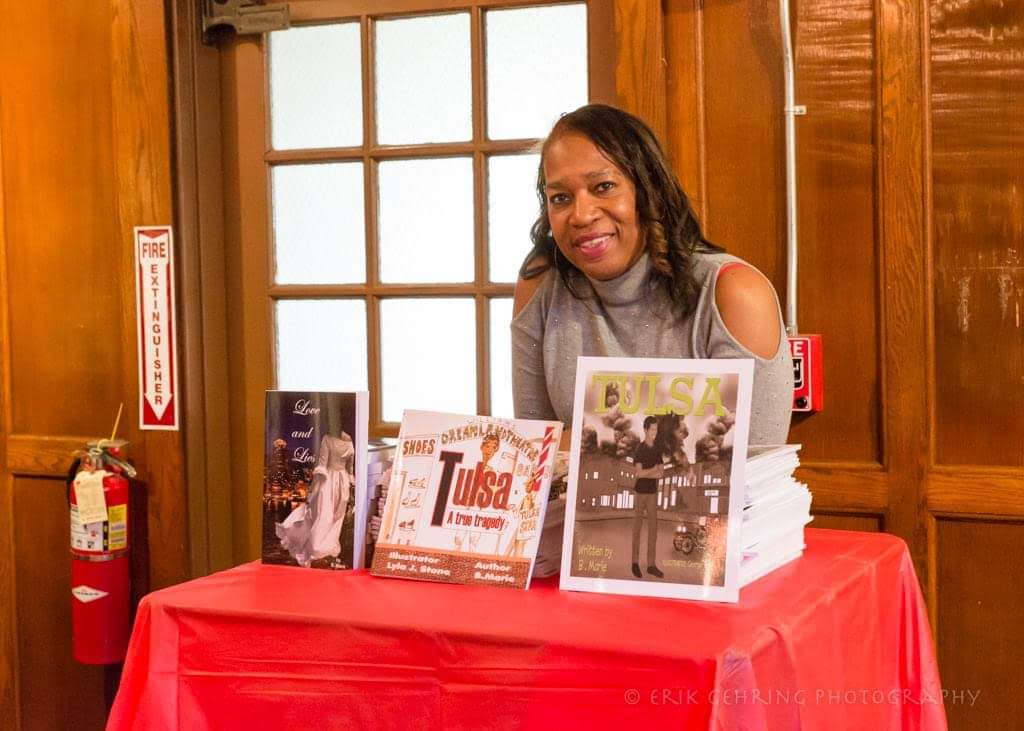PRESS RELEASE: March 26, 2025
CONTACT: Chip Unruh (Reed), 202-224-4642
Ishya Verma (Gillibrand), 202-224-4451
Blake Kernen (Collins), 202-997-6623
Joseph Plesha (Murkowski), 202-224-6665
Reed Leads Bipartisan Effort to Preserve Support for Public Libraries & Museums
WASHINGTON, DC – U.S. Senator Jack Reed, the leading champion for public libraries in the U.S. Congress, today led the co-authors of the last reauthorization of the Museum and Library Services Act in sending a letter to the acting director of the Institute of Museum and Library Services (IMLS) seeking assurances that allocated federal funding for IMLS will be implemented in a manner that is consistent with bipartisan approved appropriations laws.
Senator Reed was joined by U.S. Senators Kirsten Gillibrand (D-NY), Susan Collins (R-ME), and Lisa Murkowski (R-AK) in writing to IMLS Acting Director Keith Sonderling urging him to continue IMLS’s mission to engage with and support libraries and museums, as Congress intended when it created the agency. The letter comes in response to a March 14, 2025 executive order [whitehouse.gov] issued by President Trump that seeks to eliminate the IMLS to the greatest extent possible under the law along with several other federal agencies and services.
“As the lead authors of the Museum and Library Services Act (MLSA) of 2018 (PL 115-40), which was signed into law by President Trump, we write to remind the Administration of its obligation to faithfully execute the provisions of the law as authorized,” the Senators wrote. “The MLSA established the Institute of Museum and Library Services (IMLS) and tasked the Director with the “primary responsibility for the development and implementation of policy to ensure the availability of museum, library, and information services adequate to meet the essential information, education, research, economic, cultural, and civic needs of the people of the United States.”
Senator Reed and his colleagues called attention to the fact that IMLS is the largest supporter and investor in public libraries, museums, and archives across the nation which all play critical roles in strengthening local communities.
Federal funding made available through IMLS programs help to ensure that all Americans, regardless of income or socioeconomic background, have access to free books, services, skills and career training, internet connection, and much more that is provided through the nation’s system of public libraries as well as educational and cultural enrichment provided through local museums.
The Senators continued: “Libraries and museums play a vital role in our communities. Libraries offer access for all to essential information and engagement on a wide range of topics, including skills and career training, broadband, and computing services. IMLS grants enable libraries to develop services in every community throughout the nation, including people of diverse geographic, cultural, and socioeconomic backgrounds, individuals with disabilities, residents of rural and urban areas, Native Americans, military families, veterans, and caregivers. Museums serve not only as centers for education but also as drivers of local economic development.”
In an effort to ensure that the Trump Administration keeps true to the spirit of the law when it comes to funding IMLS and disbursing federal funding through its grant programs, the Senators said: “We expect that the Administration will implement the Full-Year Continuing Appropriations and Extensions Act of 2025 in a manner consistent with these allocations enacted in Fiscal Year 2024. We also expect that the Administration will allow the IMLS to engage with and support both libraries and museums as Congress intended and as authorized in the MLSA.”
Read the full text of the letter [reed.senate.gov] at Senator Reed’s Office online.
